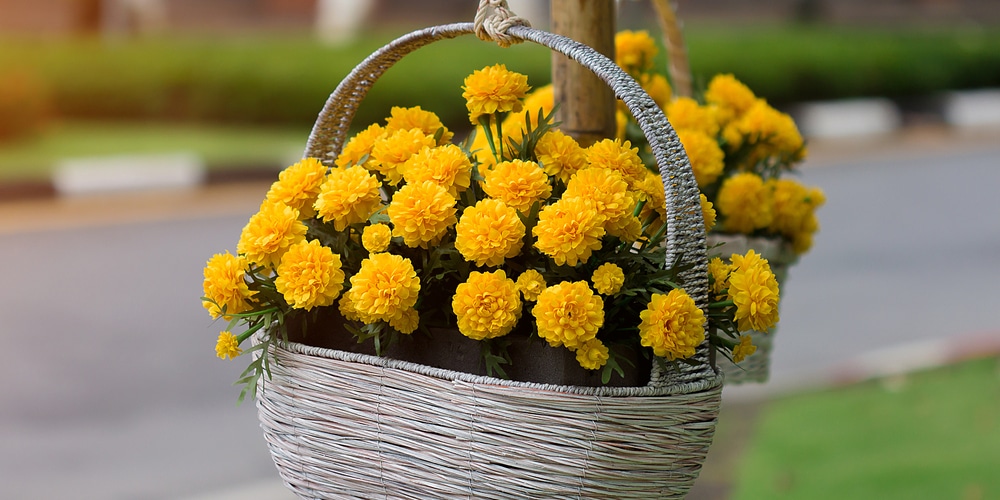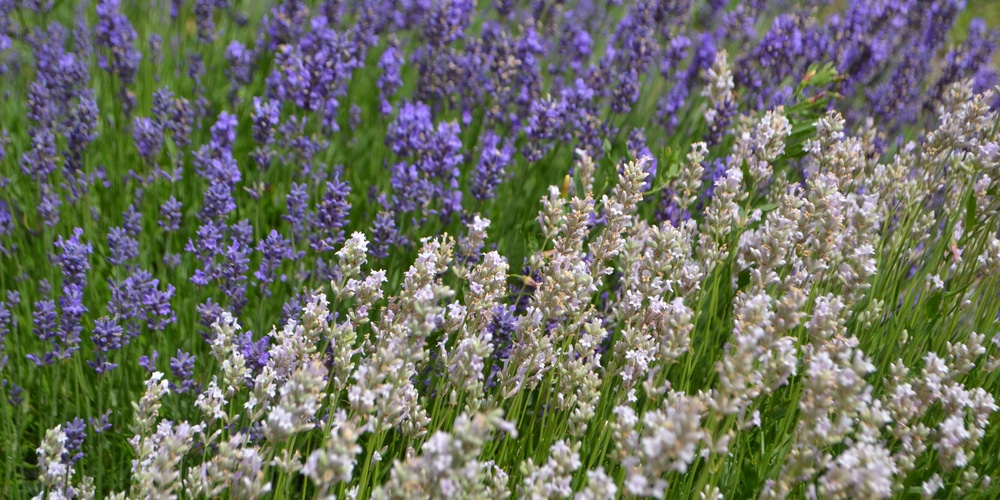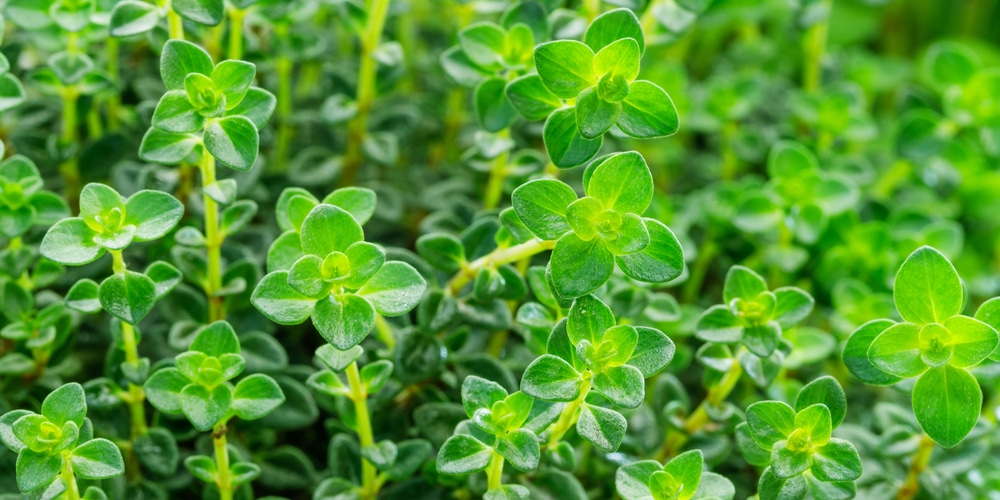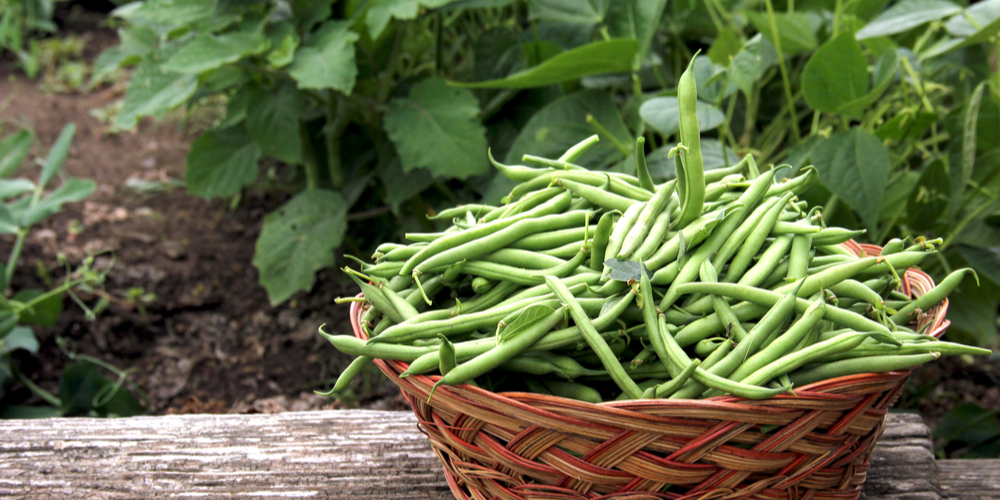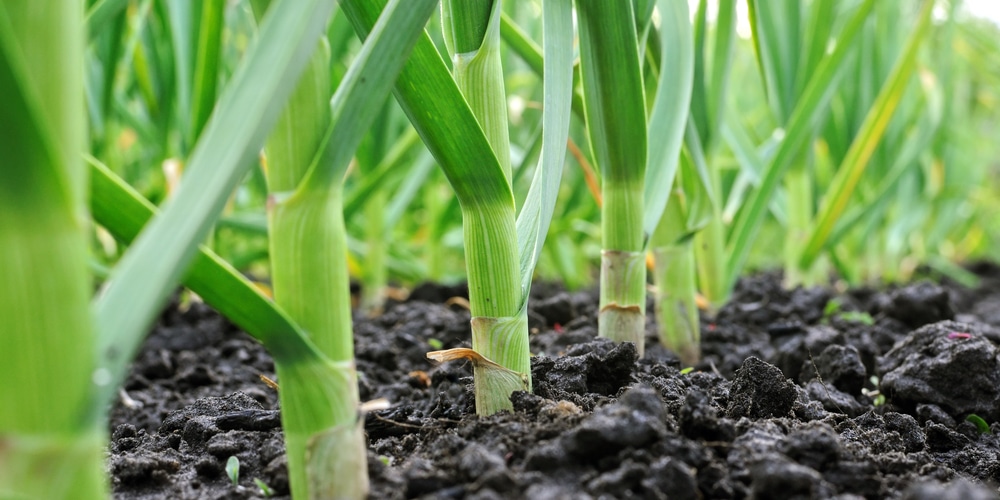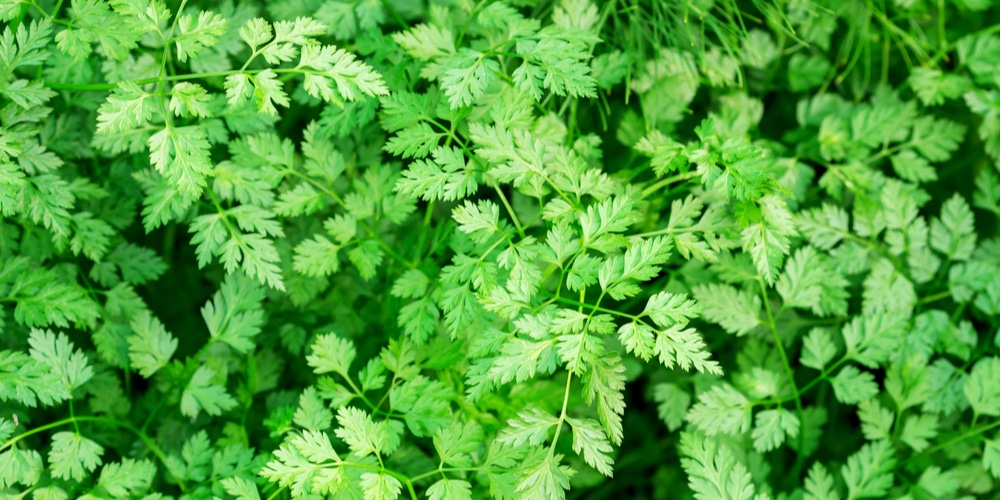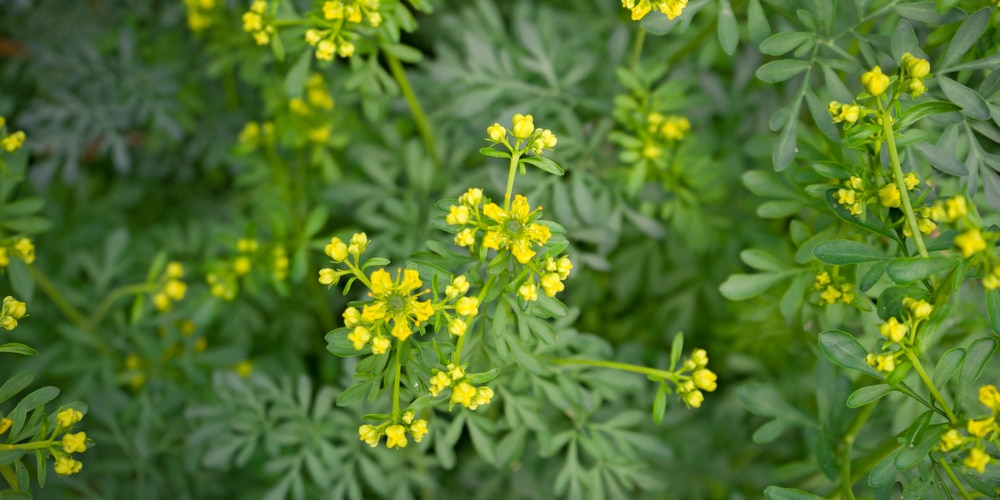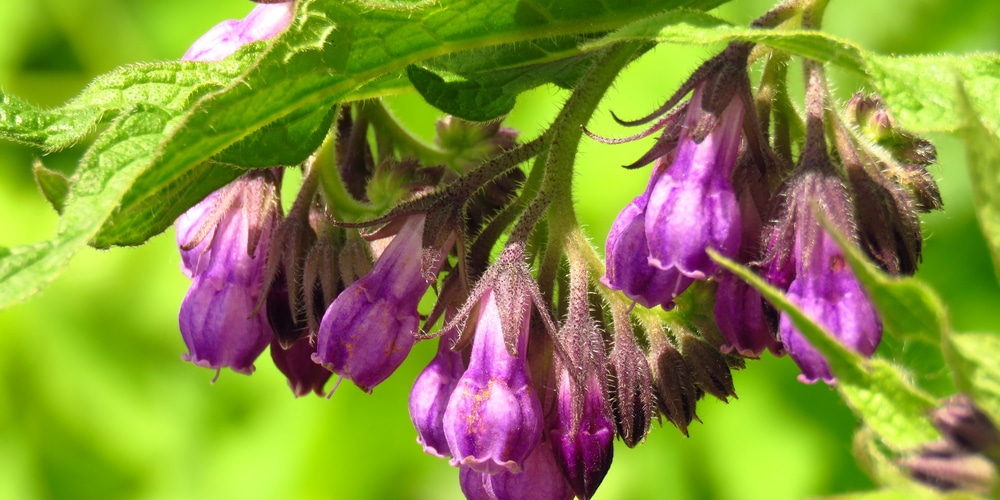Raspberry plants can grow better and produce more fruits with the help of companion plants. If you want a more bountiful harvest, consider growing these 9 raspberry companion plants.
Raspberry Companion Plants
Marigold
Marigolds make superb companions not just for raspberries, but for your other garden plants as well. They’re cheerful, provide a pop of color without too much work, and are nasty to nematodes and pests.
They are considered natural pest repellents and produce a certain scent that keeps away bugs that can harm your raspberry plants.
Marigold flowers attract beneficial pollinators such as butterflies and bees from miles away, which helps you get more raspberry fruits. The bonus is that marigolds are really easy to grow- just provide full sun and the plants will happily thrive and live among your raspberry plants.
Lavender
Lavender is a fuss-free plant species that doesn’t need much to thrive. If you’ve cared for them before you’ll know that these plants produce a strong and perfume-like scent that’s very pleasing to the senses.
The lavender’s flowers and fragrance attract pollinators and repel slugs, snails, and similar pests effectively. It’s worth noting that lavender repels rabbits and deer that might come by and feast on your raspberries.
The wonderful scent acts as a cover and shield for unwanted bugs and animals. Also, striking purple-colored blooms serve as a nice contrast to the red and tart fruits.
Thyme
Thyme is arguably the best companion plant for raspberries, with one special characteristic that others don’t have. Your raspberries will actually taste better because thyme releases oils to activate a chemical called anthocyanin. As a side note, thyme repels insects which is always nice to have when growing fruits or vegetables.
The herb plant matures to a height of 15 inches and can provide a nice shade for cool-loving raspberries. Thyme can also be used in the kitchen as a spice or garnish.
Legumes
More nitrogen means more vigorous plants and potentially high fruit yields. Legumes such as clover, soybeans, peas, lentils, and black beans give back a significant amount of nitrogen and improve the soil just by being planted alongside your raspberries.
These plants also prevent soil erosion and allow for better soil moisture retention, something that raspberries like.
You’ll have plenty of choices when it comes to planting legumes and cover crops. It’s recommended that you grow plants that can thrive in your zone and your garden for the best results.
Chamomile

If you are worried about fungi and bacteria coming to your beloved crop, then chamomile should be at the top of your ‘raspberry companion plants’ list. The well-behaved plant species may look prim and proper, but they destroy plant-invading bacteria and fungi on sight.
Chamomile plants are great to have in any garden due to their anti-bacterial and anti-fungal characteristics. As an added bonus, the cheery white and yellow flowers attract pollinators, and you can make a calming beverage while you wait for your raspberries to show.
Garlic and Onion
Alliums, particularly onion and garlic serve a pretty important role in keeping your raspberry plants healthy. Leek and chives are also great companion plants and they share the same benefits as onion and garlic.
Garlic is the MVP because it has a pungent odor that’s great for staving off hungry insects and bugs that might come near your raspberries, and it contains sulfur, which is a superb antifungal compound. Growing garlic is relatively easy, and its requirements are pretty much the same as raspberries.
In addition, you can procure garlic in any grocery store and supermarket and plant them in your garden. Onions and leeks can serve in a pinch and when you’re all out of garlic.
Chervil
The Chervil’s primary role in a raspberry plot is to shield it from the hot rays of the sun during summertime. The quick-growing species serves its purpose well and can fill in the gaps through raspberries in a short time.
The plant is known to deter ants and squash bugs, as well as aphids and slugs from appearing in your garden. Chervil has several uses in the kitchen, from flavoring drinks to providing a flavorful depth in desserts.
Chervil has the same growing requirements as raspberries. Give both plants a constantly moist soil and they’ll be sure to thrive throughout the year.
Rue
Rue is a warrior in the plant world, able to fight off common pests such as slugs, beetles, snails, and aphids on a daily basis. The medicinal herb has a lot of uses, including incense and an organic insect repellent.
You pretty much won’t need to do anything to grow rue. The plant grows in dry soil and is very drought tolerant. Among raspberries, the water it gets should be enough. The plant’s leaves and flowers serve as a nice ornamental show, too.
Comfrey
A fast-grower with beautiful purple-blue flowers, comfrey does a number of things that can benefit your raspberries. Aside from providing shade for your fruiting plants, comfrey can help retain moisture, serve as mulch and invite pollinators to your garden.
Symphytum can thrive in zones 3 through 9 and prefer a rich and moist growing medium. The plant has a long history of being used to treat sprains, bruises, and wounds, among others.
The vigorous leaves can seem to crowd your other plants, but they are generally well-behaved and won’t invade your raspberries’ space. The perennial herb is hardy and grows well without needing fertilization at all.
Related Article: 8 Flowers That Will Benefit the Vegetable Garden
